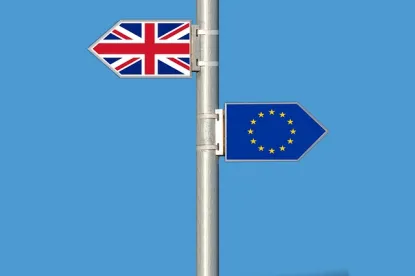On 7 November 2017, the UK Government published the Trade Bill, having introduced it to Parliament for its First Reading. Together with the Customs Bill, it is designed to give the UK the powers necessary to bring existing EU trade agreements into UK statute so that when the UK officially withdraws from the EU, businesses will face minimal disruption and confusion. An accompanying factsheet explaining the Bill was published by the Department of International Trade.
The Bill will ensure that the UK can become an independent member of the Agreement on Government Procurement (rather than a member by virtue of being in the EU) which according to the Government will maintain UK businesses’ access to public contracts worth £1.3 trillion. The Bill also establishes a new independent body called the Trade Remedies Authority with the power to launch trade remedies investigations, a responsibility currently assigned to the European Commission.
The Bill’s publication so soon after its consultation period closed led to criticism that not all feedback was taken into consideration. Many critics cited a well-supported Early Day Motion (EDM) calling for heightened scrutiny of trade deals by Parliament (EDMs are a formal means by which Members of Parliament can bring Government’s attention to particular issues). It also faced criticism for its contents, with MP Angus MacNeill, chair of the International Trade Select Committee, describing it as “disappointingly brief” (as reported in the Global Trade Review).
A Customs Bill is set to follow and will be formally called the Taxation (Cross-border Trade) Bill. There is not enough detail yet, but the Taxation Bill is another enabling Bill that lets the UK charge customs duties, implement the VAT section of the eventual Brexit treaty, and allow the UK to set preferential rates.
The Bill is due to be read in Parliament for a second time on Monday 13 November, when it will be formally debated.



 />i
/>i

